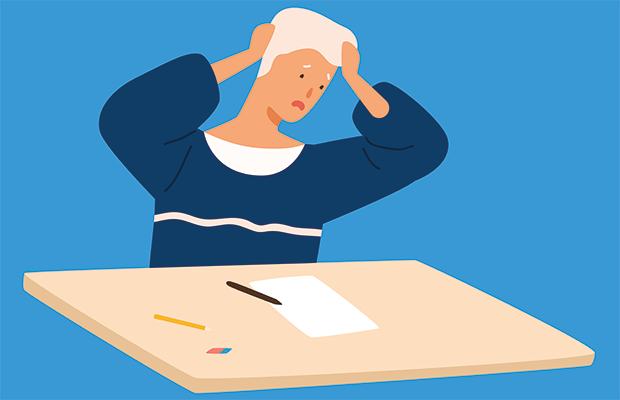Basic tips:
- Stick to a sleep schedule. Keep your bedtime and wake time consistent from day to day, including on weekends.
- Stay active. ...
- Check your medications. ...
- Avoid or limit naps. ...
- Avoid or limit caffeine and alcohol and don't use nicotine. ...
- Avoid large meals and beverages before bed.
- Stimulus control therapy. This method helps remove factors that condition your mind to resist sleep. For example, you might be coached to set a consistent bedtime and wake time and avoid naps, use the bed only for sleep and sex, and leave the bedroom if you can't go to sleep within 20 minutes, only returning when you're sleepy.
- Relaxation techniques. Progressive muscle relaxation, biofeedback, and breathing exercises are ways to reduce anxiety at bedtime. Practicing these techniques can help you control your breathing, heart rate, muscle tension, and mood so that you can relax.
- Sleep restriction. This therapy decreases the time you spend in bed and avoids daytime naps, causing partial sleep deprivation, which makes you more tired the next night. Once your sleep has improved, your time in bed is gradually increased.
- Remaining passively awake. Also called paradoxical intention, this therapy for learned insomnia is aimed at reducing the worry and anxiety about being able to get to sleep by getting in bed and trying to stay awake rather than expecting to fall asleep.
- Light therapy. If you fall asleep too early and then awaken too early, you can use light to push back your internal clock. You can go outside during times of the year when it's light outside in the evenings, or you can use a lightbox. Talk to your doctor about recommendations.
- Stick to a sleep schedule. Keep your bedtime and wake time consistent from day to day, including on weekends.
- Stay active. ...
- Check your medications. ...
- Avoid or limit naps. ...
- Avoid or limit caffeine and alcohol and don't use nicotine. ...
- Avoid large meals and beverages before bed.
- Stimulus control therapy. This method helps remove factors that condition your mind to resist sleep. For example, you might be coached to set a consistent bedtime and wake time and avoid naps, use the bed only for sleep and sex, and leave the bedroom if you can't go to sleep within 20 minutes, only returning when you're sleepy.
- Relaxation techniques. Progressive muscle relaxation, biofeedback, and breathing exercises are ways to reduce anxiety at bedtime. Practicing these techniques can help you control your breathing, heart rate, muscle tension, and mood so that you can relax.
- Sleep restriction. This therapy decreases the time you spend in bed and avoids daytime naps, causing partial sleep deprivation, which makes you more tired the next night. Once your sleep has improved, your time in bed is gradually increased.
- Remaining passively awake. Also called paradoxical intention, this therapy for learned insomnia is aimed at reducing the worry and anxiety about being able to get to sleep by getting in bed and trying to stay awake rather than expecting to fall asleep.
- Light therapy. If you fall asleep too early and then awaken too early, you can use light to push back your internal clock. You can go outside during times of the year when it's light outside in the evenings, or you can use a lightbox. Talk to your doctor about recommendations.
Quick Reply
Related discussions
- Grades getting better as health gets worse
- Weekly Wins and Woes #2
- INTENSE anxiety pls help
- Do I have a processing disorder?!
- Are my parents normal or sh***y
- Any book recommendations please?
- what does less than 5 hours of sleep for 2 months do to you
- uni with an eating disorder
- Strict parents
- Tips for being healthier
- How to deal with disordered eating without speaking to someone
- Has anyone ever not wanted to engage in anorexia treatment because of how their
- ADHD, not receiving diagnosis
- what is this a sign of?
- Weight loss
- Anyone have chronic illness, how doyou cope with constant unwanted bodily sensations?
- Sleep, diet, etc
- How can I deal with not being able to sleep early
- Effects of Citalopram (20mg) on me, and general situation?
- EPQ on dreaming (psychology)




